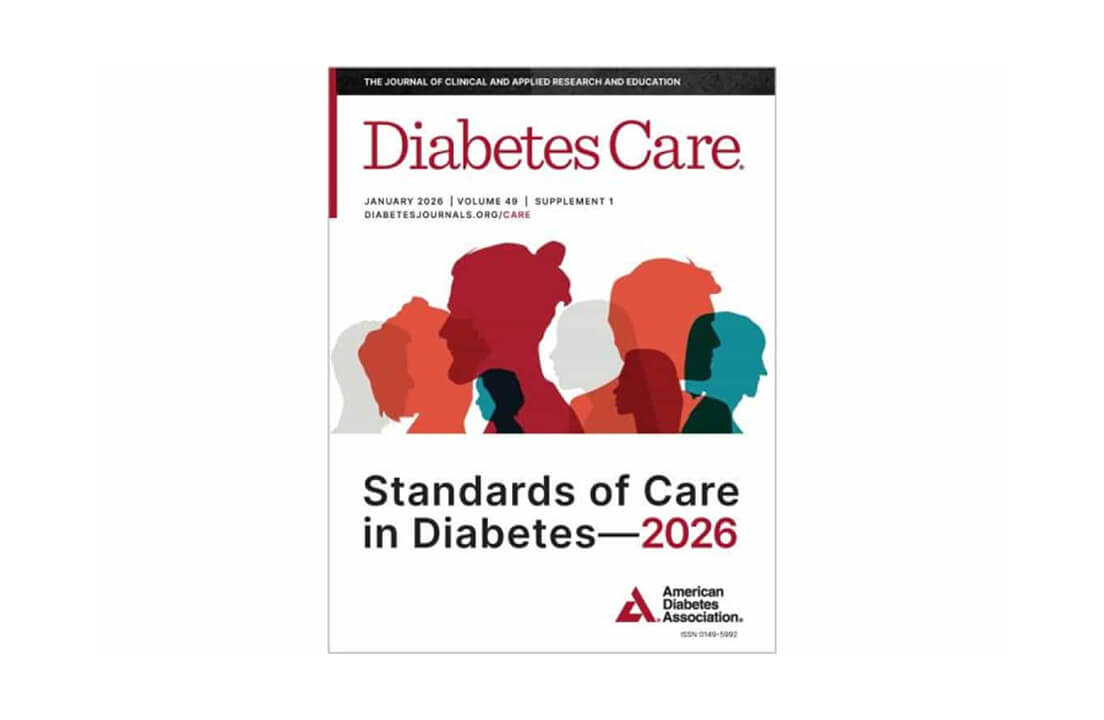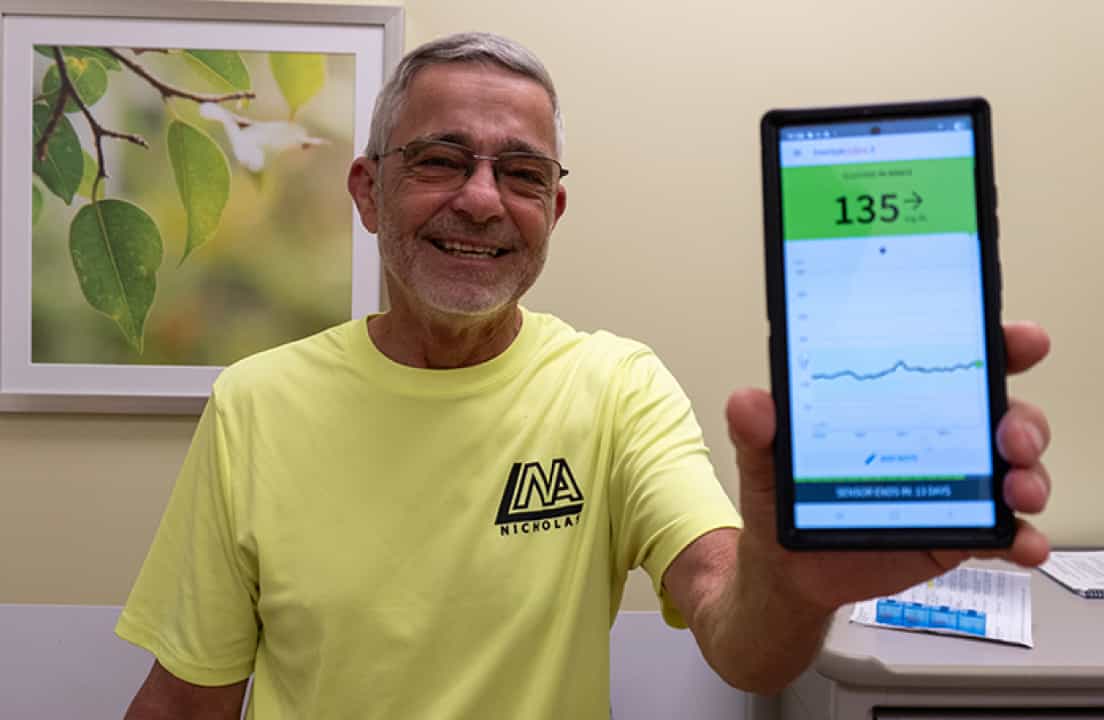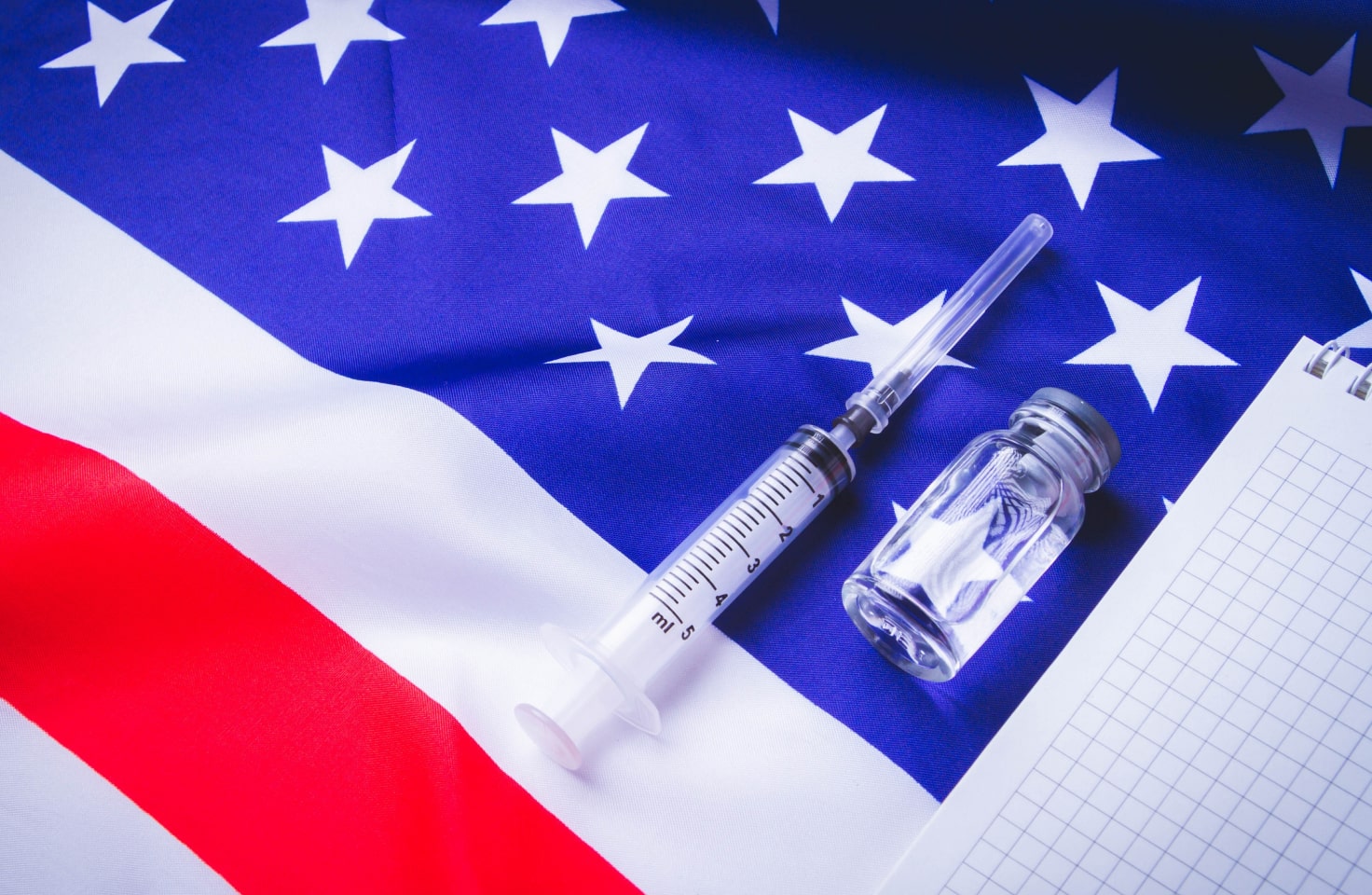T1D Guide
T1D Strong News
Personal Stories
Resources
T1D Misdiagnosis
T1D Early Detection
Research/Clinical Trials
The Hidden Consequences of Being Misdiagnosed with Type 1 Diabetes
When type 1 diabetes (T1D) or latent autoimmune diabetes in adults (LADA) is mistaken for type 2 diabetes (T2D), the consequences go far beyond the wrong medication. A misdiagnosis can trigger a cascade of physical complications, deep emotional wounds, and harmful behaviors, all while delaying the care a person urgently needs. For many, it’s not just a medical error. It’s a life-altering experience.

Topic Sensitivity Warning: This text mentions self-harm and eating disorders. If you or a loved one is struggling with these issues, please seek professional help.
What a Type 2 Misdiagnosis Really Means
A T2D misdiagnosis can occur for various reasons. Often, diagnoses in healthcare settings are influenced by biases beyond a patient’s control. Misdiagnoses may be related to factors like the patient’s weight, age, culture, or socioeconomic status. If the diagnosing doctor is unaware of the intricacies of T1D, generalizations or misunderstandings can lead to misdiagnosis.
In rural areas of the US, where healthcare deserts exist, high-quality healthcare may be scarce, affecting a person’s ability to manage their health properly. And while virtual clinics have become more accessible, they do not guarantee universal access. In low-income regions, technology may not be readily available to those who need it most.
All of these factors can lead to misdiagnoses. Misdiagnoses are incredibly dangerous because how T1D, LADA, and T2D are treated varies greatly. Management plans are not just tailored to disease state, but also to individual needs, making diagnosis errors even more traumatic.
Without proper testing, such as C-peptide or antibody panels, many individuals may go years without the necessary care.
The Physical Fallout: Confusion, Shame, and Self-Blame
Newly diagnosed individuals are often unaware of diabetes and how to manage it before their diagnosis. After receiving a diagnosis, they may also fall victim to misconceptions surrounding T2D, even when they actually have T1D.
They might wonder, “Did I cause this myself?” The shame can be overwhelming. Newly diagnosed individuals may blame themselves for not exercising enough or not eating the “right” foods, when in reality, there was likely little they could have done to prevent their diagnosis.

Even after addressing those thoughts and making the necessary lifestyle changes, a misdiagnosis of T2D may still lead to no improvement, resulting in significant emotional exhaustion. Trying “everything” with little success can be incredibly frustrating.
The guilt from believing they caused their diabetes weighs heavily on them, compounded by the pressure to make lifestyle changes, even when biological factors—of which they may be unaware—make it nearly impossible. Along with societal blame and pressure, the sense of isolation felt by someone who has been misdiagnosed can lead to poor self-esteem or even self-harm.
Dangerous Coping Mechanisms: Starvation, Over-Exercise, and Extreme Diets
A treatment plan for T2D will not be effective for someone with T1D. When an individual is misdiagnosed, they may resort to extreme measures to improve their situation, which can actually make things worse because they lack the crucial element of an accurate diagnosis.
This misunderstanding can lead them to restrict their nutritional intake or limit their food choices, resulting in malnutrition, disordered eating, or even eating disorders.
Additionally, they may take an extreme approach to exercise, overtraining, or pushing themselves excessively in the name of managing their blood sugar levels. These patterns can lead to harmful behaviors associated with exercise.
Such patterns may cause a misdiagnosed individual to experience emotional eating or cycles of binge-restricting. This yo-yo dieting offers no real benefits! The constant sense of failure can significantly impact a person's mental health.

The Psychological Aftermath: Losing Trust and Carrying Weight
Some individuals may never receive the correct diagnosis, which can lead to severe complications from diabetes or even loss of life. For others, the process of getting a proper diagnosis may take months or even years. Regardless of the timeframe, the psychological impact on those misdiagnosed and their loved ones is significant.
People who have been misdiagnosed often lose faith and trust in the healthcare system. They may develop anxiety regarding future medical visits, procedures, or diagnoses. As a result, they might spend the rest of their lives questioning their health and wondering what is real.
A misdiagnosis inevitably alters an individual's relationship with their body. Feelings of betrayal can weigh heavily on them. Those affected may struggle to rebuild their self-esteem and confidence. Reconstructing one's sense of self-worth after a misdiagnosis can take a considerable amount of time and may require the support of a trained therapist or psychologist.
Breaking the Cycle: Advocacy, Awareness, and Proper Testing
Misdiagnoses occur too frequently in healthcare settings, highlighting the critical need for diabetes advocacy, awareness of diabetes symptoms, and proper testing to ensure accurate diagnoses.
C-peptide Tests
C-peptide tests play a vital role in achieving accurate diagnoses. This test measures the level of C-peptide—a substance produced by the pancreas during insulin production—in the blood or urine. A healthy pancreas produces equal amounts of insulin and C-peptide. Besides helping to distinguish between type 1 and type 2 diabetes, this test also assesses the effectiveness of diabetes medications.
Autoantibody Tests
Autoantibody tests are essential as well. These tests detect autoantibodies in the blood, which are typically present in the early stages of T1D. The presence of two or more autoantibodies indicates that an individual is in the early stages of T1D.
Education and awareness are crucial for effective testing and fostering curiosity in communities. While we should trust our doctors, it's essential to recognize that not all providers possess the necessary expertise to support individuals newly diagnosed with a condition.
If a treatment plan isn’t effective, it’s essential to ask questions and advocate for either further education for the provider or a referral to a specialist to ensure you receive the care you need.
.jpg)
Conclusion: More Than a Misdiagnosis, A Life Rewritten
Being misdiagnosed with type 2 diabetes is not just a medical detour; it’s an emotional and physical journey that can shape every part of a person’s life. The guilt, shame, and dangerous coping mechanisms that follow are preventable with earlier testing, better provider awareness, and patient empowerment. No one should have to suffer unnecessarily because of a label that doesn’t tell the whole story.








.webp)

.jpeg)
.jpg)

.jpg)
.webp)

.jpg)
.jpg)
.jpg)



.jpg)

.jpg)

.jpg)
.jpg)
.jpg)
.jpg)


.jpg)


.jpg)
.jpg)

.jpg)





.jpg)
.jpg)
.jpg)



.jpg)

.jpg)
.jpg)
.jpg)




.jpg)
.jpg)
.jpg)
.jpg)
.jpg)
.jpg)
.jpg)
.jpg)
.jpg)
.jpg)

.jpg)
.jpg)
.jpg)

.jpg)
.jpg)


.jpg)

.jpg)
.jpg)
.jpg)
.jpg)
.jpg)


.jpg)
.jpg)

.jpg)
.jpg)





























.webp)